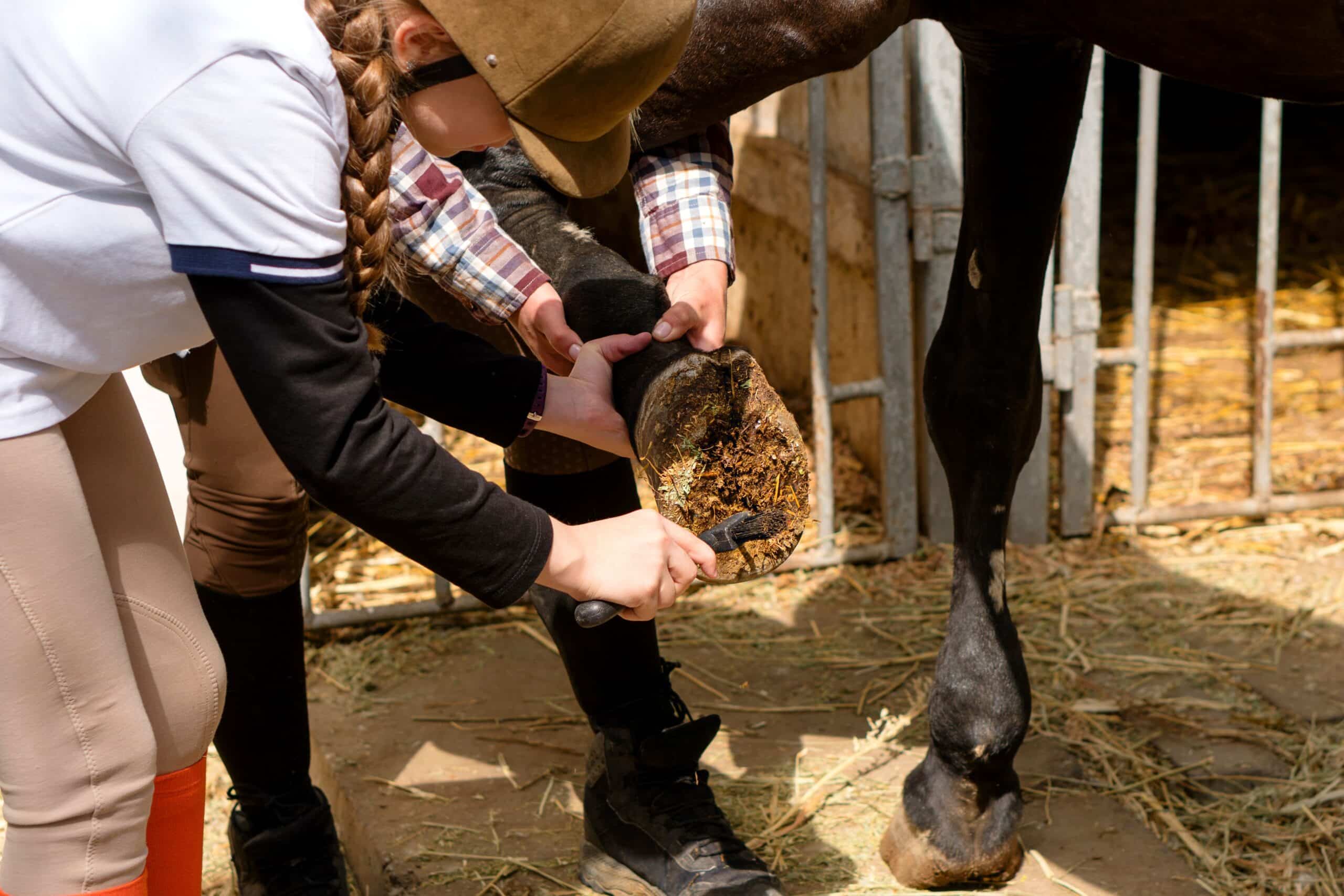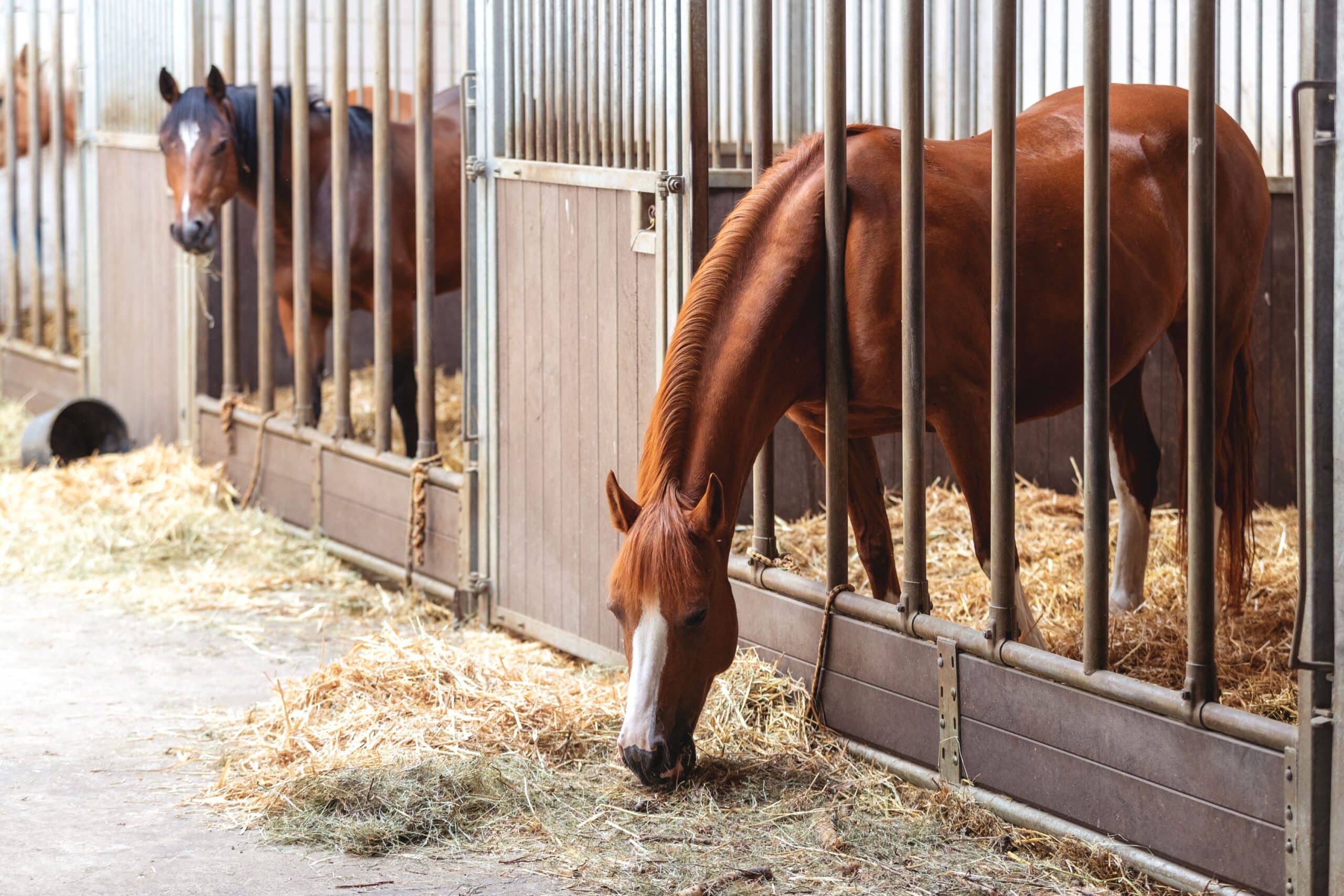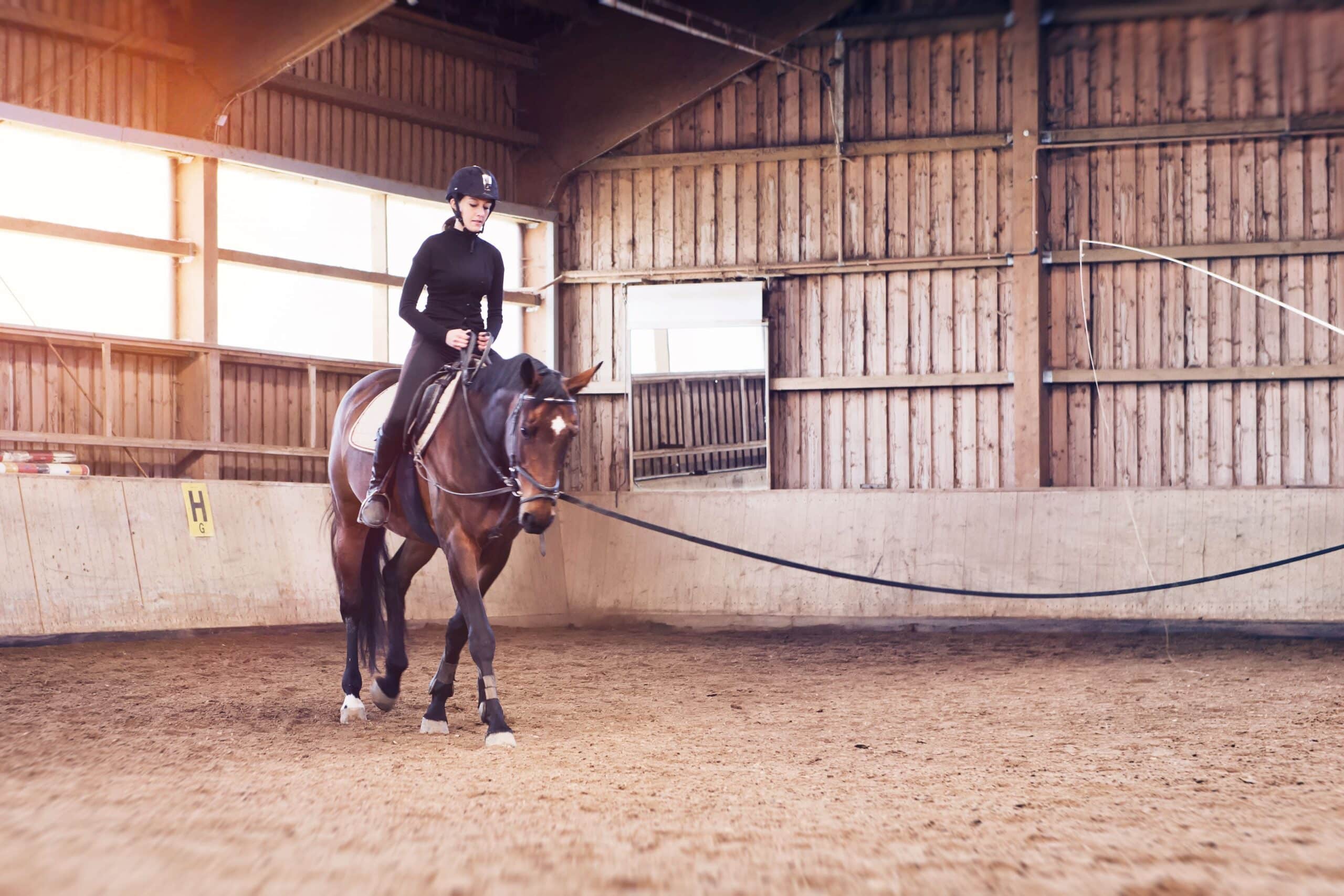Venturing into the world of horse ownership is not just about riding; it’s about embracing a lifestyle. This article aims to equip beginners with essential insights and provide prospective buyers with invaluable guidance, helping them make well-informed decisions in their equestrian adventures.
The Basics of Horseback Riding
Horseback riding demands understanding multiple equestrian disciplines, each with its unique characteristics and requirements. Beginners must acquaint themselves with styles like dressage, show jumping, or Western riding to find what resonates with their interests. Mastery in riding also involves comprehensive knowledge in horse care and handling. It is advisable for novices to engage with seasoned professionals or secure a skilled private trainer. Such experts prevent common mistakes, mitigate injury risks, and foster a trust-based rapport between horse and rider, setting the groundwork for a fulfilling riding experience. For those interested in equitation horses for sale, understanding the fundamentals of horse care and riding discipline is crucial for making an informed purchase.
Understanding Horse Behavior and Communication
Before you even step into the saddle, a fundamental understanding of horse behavior and communication is crucial. Horses communicate through body language and vocalizations, and interpreting these signals correctly can significantly enhance your interaction and training effectiveness. This knowledge helps in building a trusting relationship with your horse, which is essential for a safe and enjoyable riding experience. Learning to read signs of stress, contentment, or illness can also prevent accidents and health issues, making it an invaluable skill for any rider.
Choosing the Right Riding Stable
Selecting an appropriate riding stable is pivotal for a learner’s safety and progress in equestrian skills. A reputable stable should offer certified trainers, a safe environment, and well-cared-for horses. Prospective riders should investigate the stable’s reputation, inspect the facilities personally, and speak to existing clients to gauge their experiences. Assess the training programs available and ensure they match your learning style and riding goals. A supportive and professional environment is key to fostering both confidence and competence in new riders.
Interview with Dr. Galoppus Freifeld on Trends, Ethical Breeding Practices, and Tips for Horse Purchasing
Editor: Dr. Freifeld, thank you for joining us today. Could you discuss the current trends affecting the horse market?
Dr. Freifeld: Certainly. We are seeing a strong inclination towards versatile horses that can adapt to both competitive sports and recreational activities. Additionally, there is a significant movement towards ethical breeding practices, with buyers increasingly concerned about the conditions under which horses are raised.
Editor: How can buyers ensure their potential horse was ethically bred?
Dr. Freifeld: It’s crucial to visit breeding facilities in person. Buyers should ask detailed questions about breeding practices and the overall welfare of the animals. Certifications from recognized organizations can also provide assurances of ethical standards.
Editor: What role does technology play in modern horse breeding and care?
Dr. Freifeld: Technology is revolutionizing horse care with advanced monitoring systems and genetic testing tools that enhance breeding strategies and ensure optimal health.
Editor: What should buyers consider when selecting a competition horse?
Dr. Freifeld: Beyond physical attributes, the mental temperament and resilience of a horse under stress are paramount. Compatibility between the horse’s disposition and the rider’s style is also critical.
Editor: Any final advice for our readers?
Dr. Freifeld: Always conduct a thorough pre-purchase veterinary exam. This helps assess the horse’s health and anticipate any potential care or maintenance costs.
The Financial Commitment of Horse Ownership
Owning a horse is a significant financial investment that extends beyond the initial purchase. Prospective owners must consider ongoing expenses such as feed, stabling, veterinary care, farrier services, and training. Additionally, there are potential costs for transportation, competition entry fees, and insurance. Planning your budget for these expenses is critical. Understanding all aspects of horse ownership costs can help you manage expectations and ensure that your equestrian ambitions do not strain your financial resources.
Riding Equipment for Beginners
Investing in the right equipment is crucial for safety and comfort when beginning horseback riding. The most essential items include a well-fitted helmet, appropriate riding boots, and a protective vest, especially for those engaging in jumping or eventing. Helmets should meet current safety standards and fit snugly to effectively protect the head during falls. Riding boots with a small heel prevent the foot from slipping through the stirrup, while a protective vest can help shield the torso from impacts.
Choosing the right saddle and bridle is also essential for maintaining balance and control. Saddles should match the specific needs of the riding discipline and fit both the rider and the horse comfortably to avoid any discomfort or injury. Bridles must be the correct size and style for the type of riding intended.
For beginners, it’s beneficial to seek expert advice at reputable equestrian stores where knowledgeable staff can assist in selecting and fitting the proper gear. Investing in high-quality equipment not only enhances safety but also improves the overall riding experience, making it more enjoyable and rewarding.
The Value of Ongoing Education in Equestrianism
Continuous learning is essential for rider safety and horse welfare. Regular training, specialized workshops, and engagement with equestrian communities help riders stay informed and skilled. This ongoing education fosters a positive relationship with horses and enhances the riding experience.
The Start of a Wonderful Journey
Entering the world of equestrianism opens up a realm of adventures and bonding experiences. With proper preparation and a commitment to continuous learning, beginners can enjoy a fulfilling equestrian lifestyle, enriching their lives and deepening their connection with these majestic animals.
Picture credit: XtravaganT, Vagengeim, USeePhoto/ Adobe Stock

